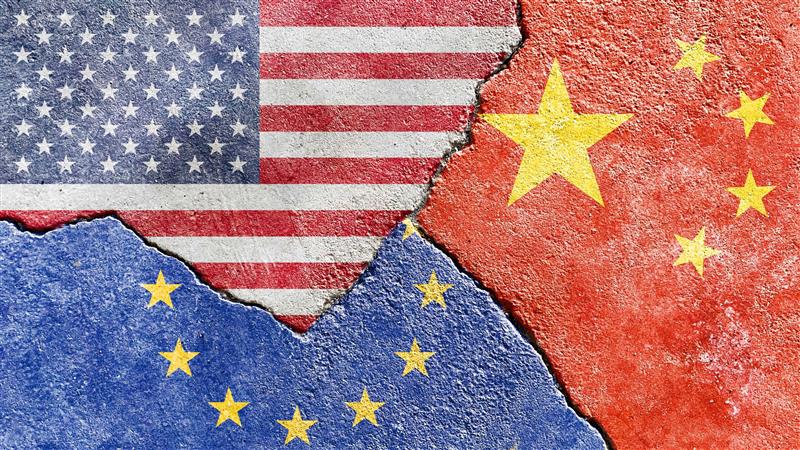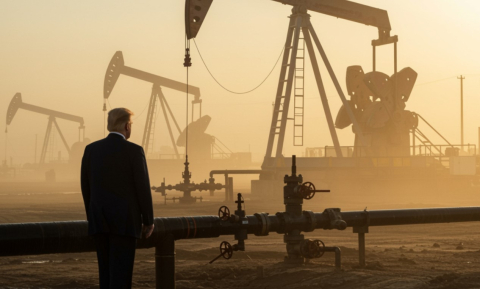Europe
Europe is described here in a geographical sense. It is not limited to the European Union, and includes, for example, the United Kingdom and the Balkans. It remains central to international relations.
Related Subjects

Quest for Strategic Autonomy? Europe Grapples with the US - China Rivalry

Building on the 2020 European Think Tank Network on China (ETNC) report, which assessed Europe’s positioning in this context, this edition re-examines the geopolitical landscape in light of the Covid-19 pandemic, Russia’s war in Ukraine and Donald Trump’s return to the White House. This report features 22 national chapters and one dedicated to the EU, analysing the evolution of Europe’s relations with Washington and Beijing, the range of approaches to dealing the US-China rivalry and how these are expected to evolve.


Climate Change, the Kyoto Protocol and Transatlantic Relations
American and European positions on climate change are based on historical choices concerning energy use as well as on different international and economic strategies.

Europe, the United States and the International Criminal Court
'States that respect human rights, share the values of a human rights culture and experienced the efficiency of regional tribunals on the matter are the most likely to join the International Criminal Court.'
How Can Europeans Agree on a Common Migration Policy?
Immigration was a key priority of the French EU Presidency in 2008.
Recasting Relations with the Neighbours - Prospects for the Eastern Partnership
The New US Administration: Likely Major Foreign Policy Initiatives
This debate was organized in cooperation with the US Mission to the EU.
Report written by Christian Schülke, Junior Research Fellow, Ifri Brussels

The Eastern Dimension of the European Neighbourhood Policy (ENP)
Report written by Christian Schülke, Junior Research Fellow, Ifri Brussels
Support independent French research
Ifri, a foundation recognized as being of public utility, relies largely on private donors – companies and individuals – to guarantee its sustainability and intellectual independence. Through their funding, donors help maintain the Institute's position among the world's leading think tanks. By benefiting from an internationally recognized network and expertise, donors refine their understanding of geopolitical risk and its consequences on global politics and the economy. In 2024, Ifri will support more than 70 French and foreign companies and organizations.








